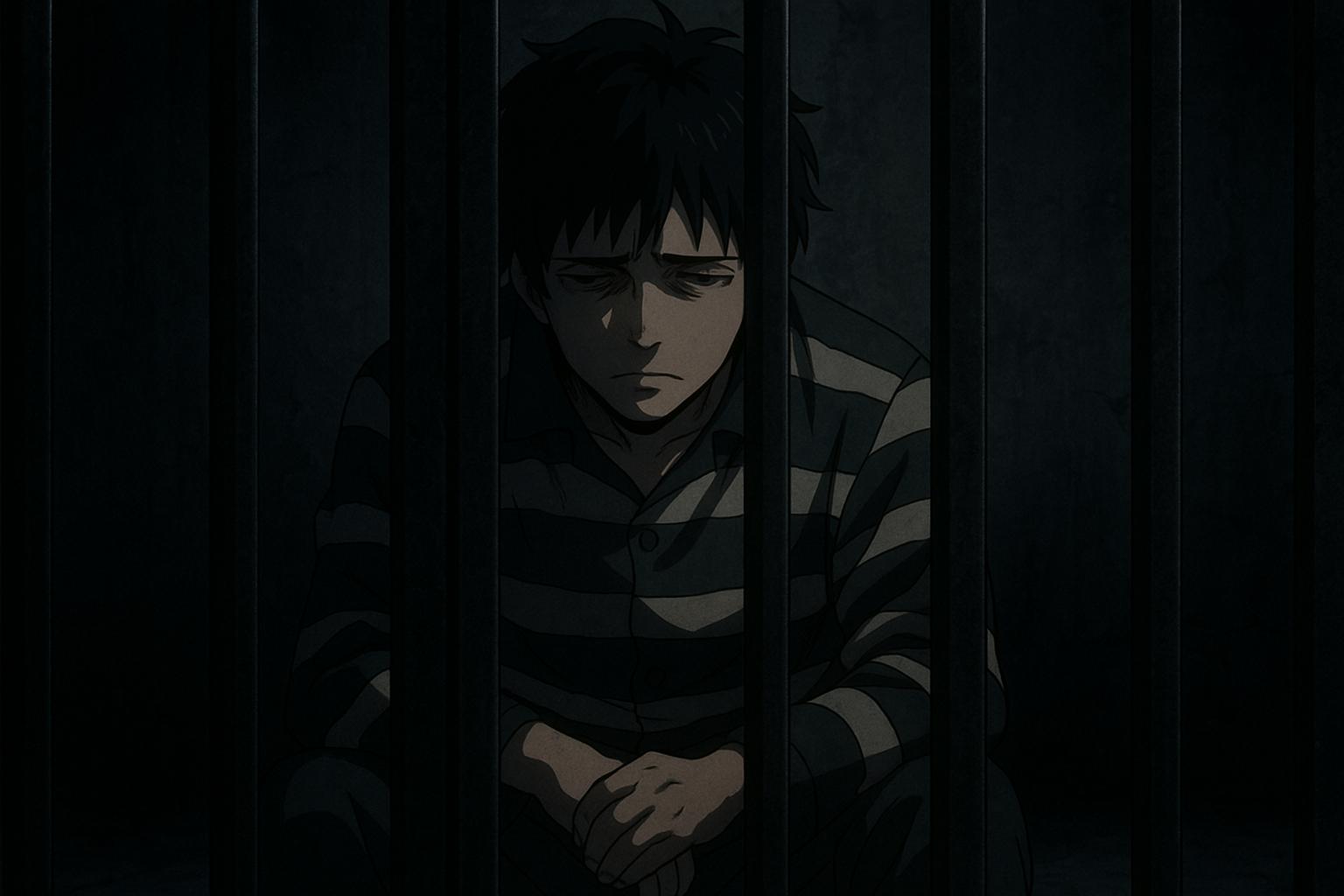Excluding prisoners trapped under the now-abolished indefinite jail terms known as Imprisonment for Public Protection (IPP) from the UK government's new early release measures has been branded as “morally wrong” and a significant “missed opportunity” amidst growing concerns over prison overcrowding. Recently, the Justice Secretary announced emergency protocols that would allow for the automatic release of criminals recalled for breaching their licence conditions after just 28 days. This move, touted as a solution to stave off dangerously high levels of prison overcrowding, demonstrates a troubling prioritization of political expediency over genuine justice reform.
However, the deliberate exclusion of those serving IPP sentences from this scheme has ignited outrage among campaigners and experts alike. These sentences were designed to enable judges to impose indefinite incarceration solely on the basis of supposed public protection—a concept that many now regard as an archaic and draconian practice. Even with their abolishment in 2012 due to human rights concerns, thousands remain trapped in a purgatory of indefinite confinement, often serving years longer than their original terms without hope of release.
Recent estimates suggest around 1,500 of the 2,544 prisoners currently serving IPP sentences are still locked up on recall, yet alarmingly, over 1,000 of these individuals—seven in ten—have not committed further crimes while waiting for their cases to be reviewed by the Parole Board. Critics of the government point to the average 26-month wait as further evidence of a system indifferent to the human cost of its policies. "This lack of action is a deliberate choice by the current government ministers,” asserted a spokesperson for the United Group for Reform of IPP (UNGRIPP), shedding light on a systemic failure that exacerbates the prison crisis.
Individual stories of tragedy and oppression further expose the government's negligence. Marc Conway, a reformed IPP prisoner whose heroism during the Fishmongers' Hall terror attack is well-known, lamented the severe mental health decline impacting those still imprisoned under IPP sentences. “Hundreds of recalled prisoners on IPP don’t deserve to be there,” he argued, urging that the failure to confront the ongoing IPP scandal could lead to further tragedies, including preventable suicides—an anguishing reality reflected in the 94 lives lost to suicide in custody.
Experts warn that the financial burden of maintaining IPP prisoners—a staggering £145 million annually—remains an unsustainable and unjust drain on taxpayers. Lord Woodley, a Labour peer, decried the government’s refusal to support a private member's bill aimed at addressing this gross miscarriage of justice as yet another scandal piled upon an already scandalous situation. He advocates for sweeping changes, such as outright resentencing, to rectify the fundamental injustices faced by this group of prisoners.
The government’s approach starkly contrasts its early release scheme, which has successfully freed over 16,000 inmates after serving just 40% of their determinate sentences. This glaring inequity has left families of IPP prisoners feeling abandoned and desolate. Mandy Lawrence, whose son has endured more than 25 times his original eight-month tariff, voiced a common frustration: “They don’t care about IPPs in any shape or form.”
These exclusionary policies do not only affect individuals; they underscore ongoing human rights violations that plague the UK’s justice system. Richard Garside, director of the Centre for Crime and Justice Studies, described the government’s recent changes to recall procedures as the “wrong answer to the right question,” demanding a comprehensive overhaul rather than mere piecemeal solutions. He emphasized that both prison staff and inmates deserve much more thoughtful consideration than is currently afforded to them.
As the government finds itself under increasing scrutiny regarding its mishandling of the IPP system, the absence of real and effective solutions raises vital ethical questions. A spokesperson from the Ministry of Justice maintained that IPP prisoners undergo evaluations by the Parole Board every two years, contending that current measures are designed to support eventual release while ensuring the public's safety. However, many experts and advocates remain unswayed, arguing that each stonewalling of IPP reviews further entrenches the dual crises of overcrowding and moral indignation plaguing the UK penal system.
In this dire context, the government faces a pivotal choice: either address the urgent plight of those suffering under IPP sentences or continue to uphold a system that many deem fundamentally flawed and unjust. The stakes are high—not solely for the individuals ensnared in this punitive framework but also for the very integrity of the UK’s justice system moving forward.
Source: Noah Wire Services
